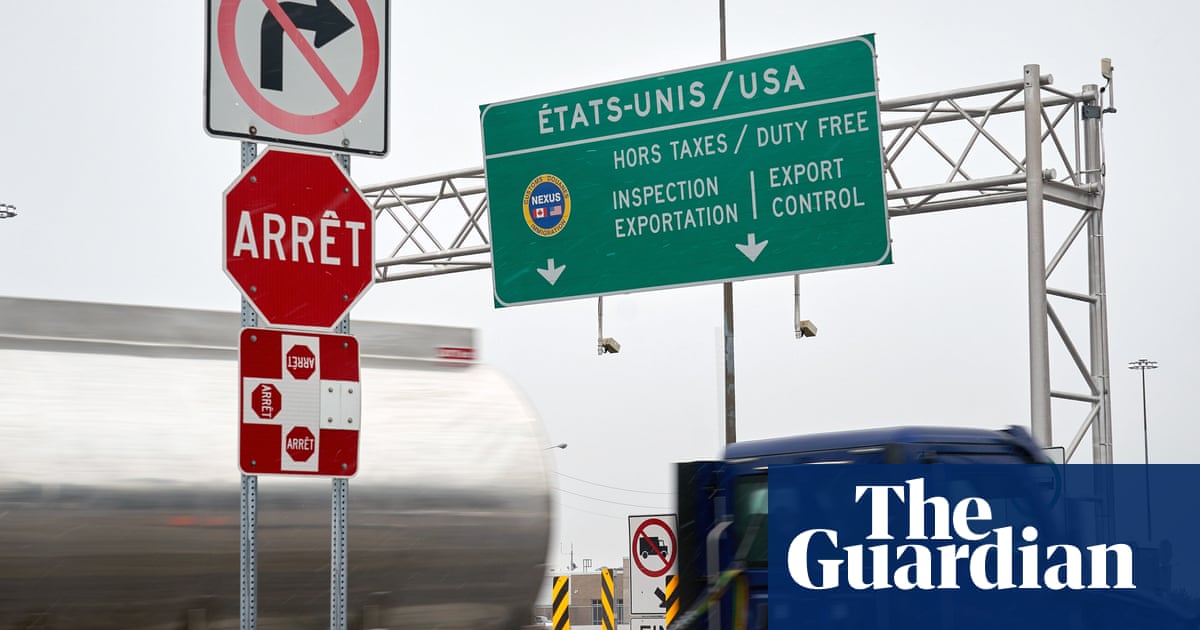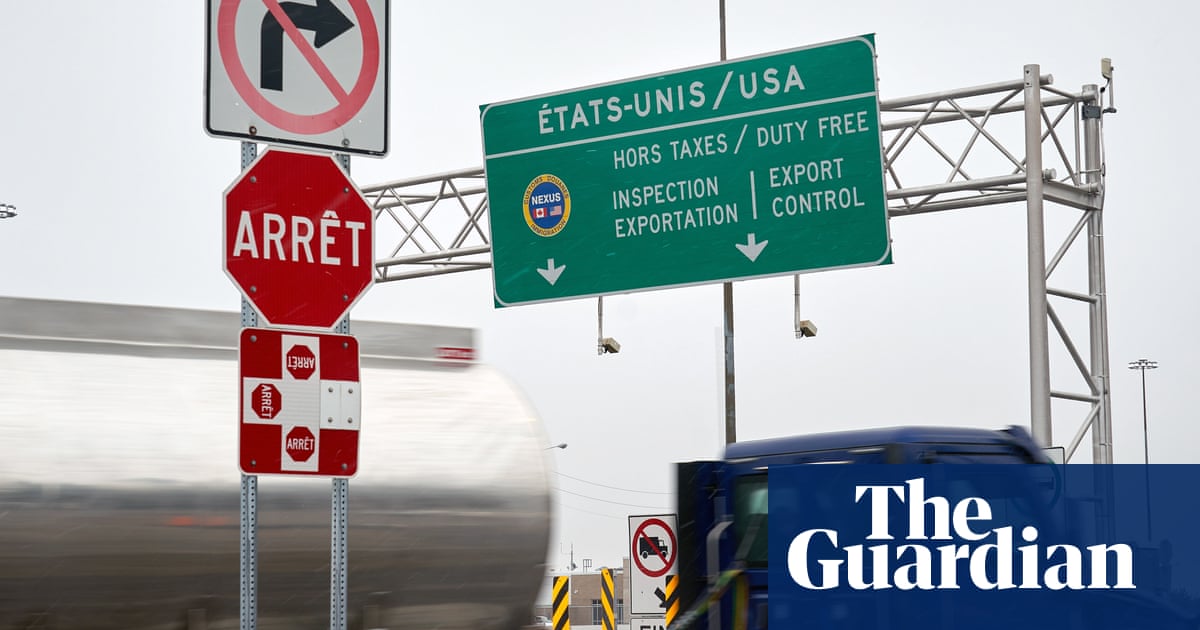Two Canadian provinces declare state of emergency as Covid-19 fears deepen
Cases in British Columbia almost double in one day, while Ontario premier says it faces danger of major proportions

Two provinces in Canada have declared states of emergency and another witnessed a surge in coronavirus cases as fears of a widespread outbreak nationwide continue to deepen.
As prime minister Justin Trudeau prepares to unleash a stimulus package worth at least C$20bn (US$14bn), British Columbia announced another 83 confirmed cases on Tuesday afternoon, bringing the provinces total confirmed Covid-19 infections to 186.
In her daily briefing, provincial health officer Dr Bonnie Henry also said that three more people had died on Tuesday. Seven people have now passed away from the virus in British Columbia.
This is our time to be calm, to be kind, to be safe, she told reporters. The province previously decided to close all schools indefinitely as the fears of the virus take hold.
The surge in cases means Canada now has 586 confirmed cases, up from 407 on Monday.
Earlier in the day, two of Canadas provincesOntario and Alberta declared states of emergency. A total of five provinces have declared public health emergencies.
Covid-19 constitutes a danger of major proportions, Ontarios premier, Doug Ford, said in an announcement on Tuesday morning. We must act decisively, we must not delay.
The move will force the immediate closure of restaurants, bars, movie theatres, recreation centres and childcare facilities and houses of worship.
Soon after Fords speech, officials in the province announced the first coronavirus-related fatality in the province. A man in his 70s died after coming into contact with someone who was infected with the virus.
The sweeping move in Ontario follows increasingly aggressive measures from prime minister Justin Trudeau as his government works to contain the outbreak, closing the countrys borders and urging citizens to stay home.
Grocery stores, pharmacies and public transit would remain open and operating as normal, Ford said. Restaurants and cafes will be permitted to continue operating if they offer takeout and delivery options. All public schools in Ontario have been closed since last week.
The state of emergency is expected to last until 31 March.
The province plans to open an additional 25 testing facilities, bringing the total to 42. Ford said health authorities will add 75 critical-care beds and 500 post-acute care beds and have purchased additional medical supplies, including face protection, gowns and gloves. His government also promised C$300m (US$212m) in relief to workers and businesses.
This is changing hour-by-hour, day-by-day, Ford said in his second press conference in as many days.
Soon after, Alberta also declared a state of emergency, banning events with more than 50 people in attendance.
This is a serious moment in our history, and Covid-19 will test all of us, premier Jason Kenney said in his address. But I believe I know that this province is resilient, and we are ready for the test.
As in Ontario, restaurants, bars and clubs, as well as museums, art galleries and recreation centres in Alberta will close immediately.
Despite announcements from both Alberta and Ontario, Trudeau has so far resisted calls to implement a federal state of emergency, telling the radio broadcaster 680 News on Tuesday morning that the government currently had sufficient powers address the Covid-19 pandemic.
Trudeau plans to announce a number of relief measures on Wednesday to offset the growing economic burdens from the virus outbreak. The package could be worth up to C$27bn according to government source cited by Reuters. Reports on Tuesday said it could be at least C$20bn.
Read more: https://www.theguardian.com/world/2020/mar/17/ontario-state-of-emergency-coronavirus-canada
